










BBMRI-ERIC is the European research infrastructure for biobanking and biomolecular resources. It was granted ERIC status (European Research Infrastructure Consortium) by the European Commission in 2013. BBMRI-ERIC’s mission is to facilitate access to samples, data and biomolecular resources to enable high-quality research.
This is facilitated through services, research and development in the areas of Ethical, Legal and Societal Issues (ELSI), Quality Management (QM), Information Technology (IT), Biobanking Development (BBD), Public Affairs (PA), Outreach, Education and Communications (OEC), and Finance and Project Management (FPM).
I am delighted that BBMRI-ERIC has grown to become one of the largest distributed ERICs that now encompasses 25 Members and Observers. BBMRI-ERIC has engaged its community and partners in more than 20 EU projects in the first decade and is currently active in 25 additional projects hereby shaping the European Research Area with coordination of canSERV (providing cutting-edge research services for cancer research), IntegrateLMC (integrating large medical cohorts), and ERIC Forum.
BBMRI-ERIC’s federated access and analysis platform has not only become a strong asset for major EU initiatives such as the European Health Data Space (EHDS) and EUropean Federation for CAncer IMages (EUCAIM) but helps researchers and clinicians to accelerate personalised medicine research. BBMRI-ERIC’s fully GDPR-compliant pipeline enables access to samples and data of over 5.1 Mio. patients and research participants facilitated by over 400 biobanks across 32 countries worldwide. These reflect various diseases with a focus on cancer, paediatric diseases. infectious diseases, and worldwide collections of COVID-19 and rare diseases.
During today’s workshop, headquarters staff, National Node Directors and key biobanking community experts will present examples of BBMRI-ERIC’s impact over the last decade. We will then look to the future with our key external collaborators in an open discussion that focuses on the challenges in health and life sciences, needs and developments towards One Health and the role of research infrastructures. Thank you for joining us.
Sincerely,
 Prof. Jens K. Habermann Director General BBMRI-ERIC
Prof. Jens K. Habermann Director General BBMRI-ERIC



11:00am
Arrival, registration and networking reception
Masters of ceremony: Eleanor Shember, BBMRI-ERIC Head of Outreach, Education and Communications; Jana Pavlič-Zupanc, BBMRI-ERIC Head of Public Affairs
Welcome speeches
12:00pm

12:30pm
Franz Wirtenberger, Austrian Deputy Permanent Representative to the EU Martin Polaschek, Austrian Federal Minister of Education Science and Research Arnaud Vajda, Belgian Science Policy Office Chairman of the Board of Directors Signe Ratso, EC Deputy Director General for Research and Innovation
Jens Habermann, BBMRI-ERIC Director General
Impact
1:00pm
2:00pm
3:00pm
Presented by: Petr Holub, BBMRI-ERIC Head of IT; Michael Hummel, Former National Node Director, Germany; Andres Metspalu, Former National Node Director, Estonia; Michaela Th. Mayrhofer, BBMRI-ERIC Head of ELSI; Annelies Debucquoy, National Node Director, Belgium; Zisis Kozlakidis, Node Director, IARC; Andrea Wutte, BBMRI-ERIC Head of Quality Management; Marialuisa Lavitrano, National Node Director, Italy; Lila Kallio, Director Auria Biobank, Finland; Saba Abdulghani, BBMRI-ERIC Head of Biobanking Development; Judit Molnar, National Node Director, Hungary; Kateřina Nováková, National Node, Czech Republic
Networking lunch
Keynote speech
Walter Ricciardi, EU Cancer Mission Board Chair and Chair of the BBMRI Scientific and Ethical Advisory Board
Panel discussion: Addressing future challenges in health and life sciences / towards One Health and the role of research infrastructures
3:30pm
4:45pm
Speakers: Anna Panagopoulou, EC Director for ERA & Innovation; Christine Chomienne, EU Cancer Mission Board Vice Chair; Jana Klánová, EIRENE Director General; Stefanie Houwaart, BRCA Netzwerk Patient Discussion Group Leader; Niklas Blomberg, Innovative Health Initiative Executive Director; Eva Ortega Paíno, Secretary General for Research, Spanish Ministry of Science, Innovation and Research; Jens Habermann, BBMRI-ERIC Director General
Closing remarks
Philippe Desmeth, Chair of the BBMRI-ERIC Assembly of Members and Hemma Bauer, Austrian Representative to the BBMRI-ERIC Assembly of Members
5:00pm Closing reception

We are delighted to be joined by high-level representatives for the welcome session. This 10th anniversary workshop has been made possible thanks to the support of the Austrian Federal Ministry for Education, Science and ResearchandtheBelgianSciencePolicyOffice.
Since the end of August 2023 Deputy Permanent Representative of Austria to the European Union. Former Deputy Director General for EU and
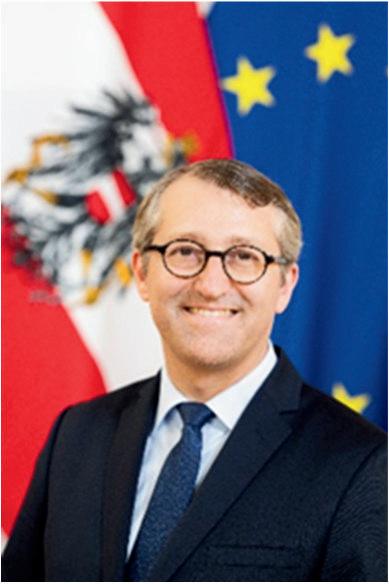
Affairs and General Questions and Director for EU and International Affairs at the Austrian Federal Chancellery (20202023). Previously Head of the European Law Department at the Federal Ministry for European and International Affairs (20192020) as well as Austrian Antici (Coordinator of the Permanent Representatives Committee II) at the Permanent Representation of Austria to the EU in Brussels from 2015 to 2019.
Signe Ratso is Chief Negotiator, responsible for negotiations of association agreements with third countries associated and future

potential associated countries to the EU R&I programmes Horizon Europe and Euratom, association policy and its interlinkages with EU R&I international cooperation strategy. She is also responsible for Open Innovation and for citizens’ engagement and social innovation in research and innovation policy. As a member of the Management Board she oversees some of the priority areas of the Commission in DG R&I. Before joining DG R&I she worked in different senior management positions in DG TRADE since 2006.
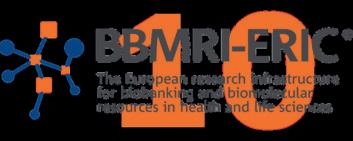

Martin Polaschek was born in Bruck/Mur in 1965. After studying law, he was awarded the title of Professor for Austrian and European legal
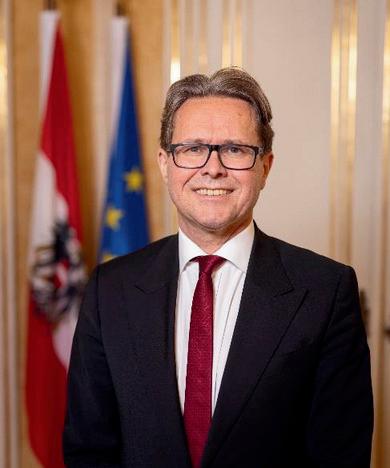
developments, contemporary legal history and federalism research in 2000 and was promoted to associate university professor. From 2003 to 2019, he was Vice Rector for Studies and Teaching and from October 2019 to December 2021 Rector of the University of Graz. In addition, Polaschek was spokesman for the Austrian Vice Rectors for Teaching. Martin Polaschek was appointed Austrian Federal Minister of Education, Science and Research in December 2021.
Mr. Vajda has degrees in journalism, political science, and an MBA. He has spent most of his career in the civil service and has been a senior civil servant for over ten years in various positions. He is also active internationally in development cooperation on institutional capacity building in countries close to the European Union. After working in the departments of Public Health and Finance, he has been Chairman of the Board of the Federal Public Service of Science Policy, better known as the Belgian Science Policy Office or BELSPO, since 1 February 2022.
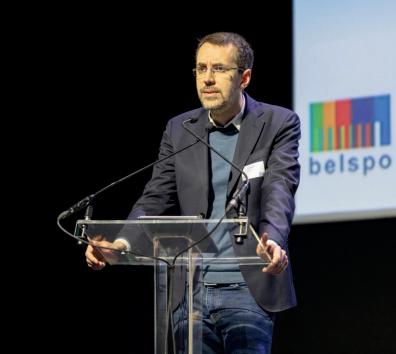

One of the first ERICs to be set up in 2013 and one of the largest that is distributed. We connect over 400 biobanks across Europe and further afield with health andlifescienceresearchers.
The first to produce an IT federated platform, now deployed across multiple groundbreaking EU projects andusedbeyondtheBBMRI-ERICcommunity.
By leading, developing and contributing to projects (cancer, rare diseases, infectious diseases, personalised medicine) we defragment the European Research Area. Our expertise shapes and connects major EU flagship programmes such as Cancer Mission and Beating Cancer Plan, Pandemic preparedness, European Science Cloud, and European Health Data Space.
BBMRI-ERIC primarily serves the European health research community in academia and industry. We lead in the development of cutting edge services, namely federated IT tools, ELSI research and guidance, quality management and standards, biobanking development, as well as outreach, education and communications,publicaffairsandfinanceandproject management.
We engage, represent and harness the expertise in our community through a CME accredited training programme, Europe Biobank Week Annual Congress, Europe Biobank Week Roadshows and within the governance structure via our unique Stakeholder ForumPatientPillar.

This session presents stories from across BBMRI-ERIC’s Member States and communities. Each story demonstrates the wide ranging expertise and impact of the research infrastructure that our community both shapes and benefits from.

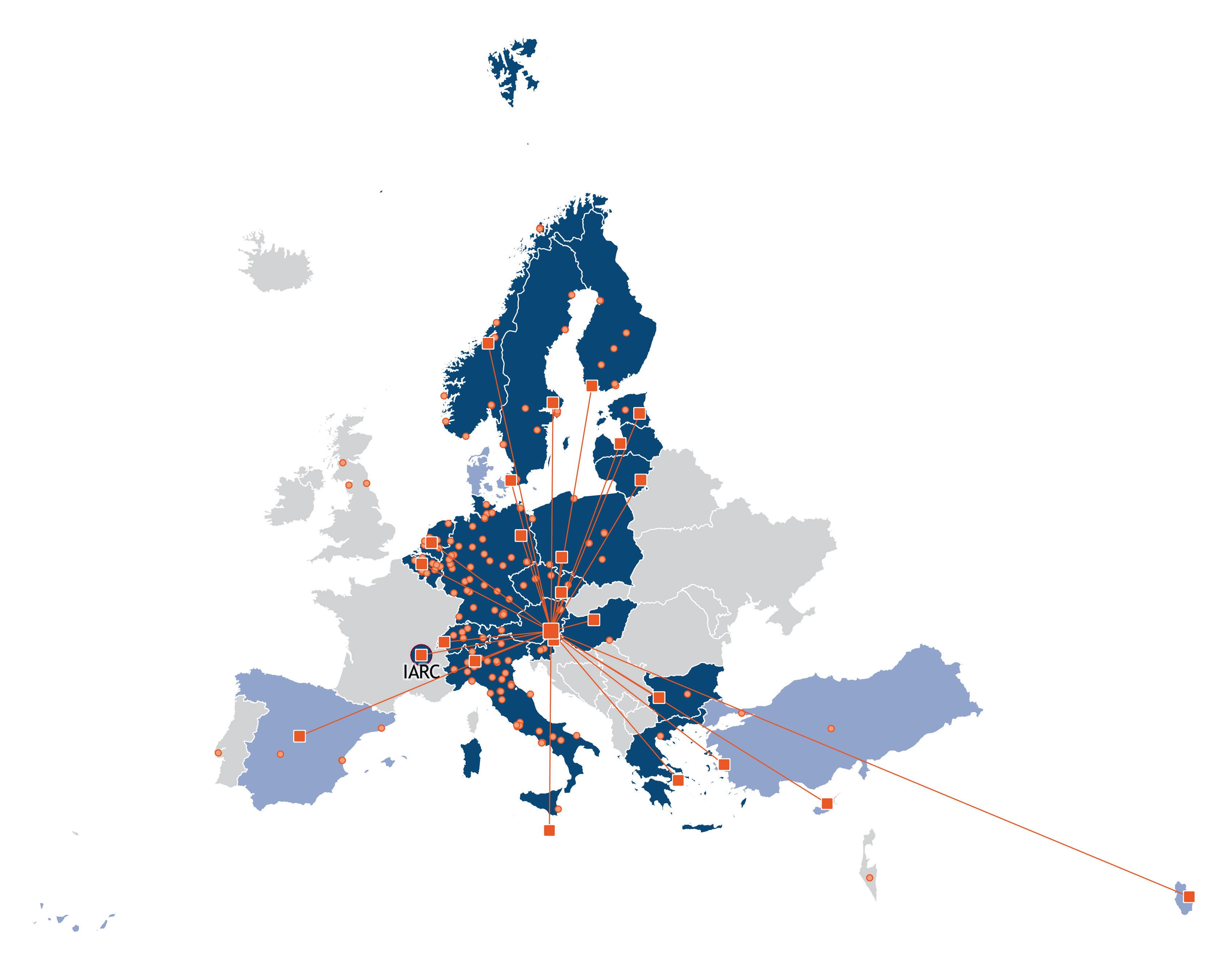

BBMRI-ERIC Member States
Austria, Belgium, Bulgaria, Cyprus, Czech Republic, Estonia, Finland, Germany, Greece, Hungary, Italy, Latvia, Lithuania, Malta, Netherlands, Norway, Poland, Slovenia, Sweden and Switzerland
BBMRI-ERIC Observer States
Denmark, IARC/WHO, Qatar, Spain and Türkiye
National Node/HQ Biobank in the Directory
BBMRI-ERIC has transformed biobanking and biomolecular research by creating an IT ecosystem that enables valuable resources to be easily discoverable, accessible, interoperable and of the highestquality.ThepioneeringBBMRI-ERICDirectory (our biobanks, sample and data catalogue) and Federated Platform (sample and data-level search and analysis platform) have streamlined the connection between biobanks and researchers to promote secure data discovery and privacypreservingfederatedanalysis.Thisisunderpinnedby BBMRI-ERIC’s strong commitment to FAIR-Health data as part of the European Open Science Cloud (EOSC) initiative. BBMRI-ERIC Negotiator facilitates accessandcommunicationbetweenresearchersand service/dataproviders.Allthreetogether-Directory, Federated Platform and Negotiator - constitute an interconnected IT ecosystem that offers our stakeholders a single entry point to BBMRI-ERIC’s samples,dataandbiomolecularservices.
BBMRI's dedication to setting global benchmarks in ethical data and sample handling is showcased by its commitment to standardisation efforts. This includes community led biobanking standardisation through MIABIS (Minimal Information about BIobank data Sharing) and the creation of a provenance model for samples, data, and digital objects, which has been adopted by ISO. Grassroots efforts within the BBMRI-ERIC community, including IT and data specialists from various Nodes and institutions, have been pivotal in these advancements. The development of tools like the LifeScience Login, in partnership with other research infrastructures, further facilitates seamless access to resources. This demonstrates a significant step towards an integrated scientific research ecosystem. These efforts, now extended into initiatives such as European Health Data Space (EHDS) and EUropean Federation for CAncer IMages (EUCAIM), highlight BBMRI-ERIC's role in shaping future health research. This collaborative success story serves as a model for policymakers, researchers, and citizens. It showcases how innovation, combined with community effort, leads to advancements that benefit global human

The Federated Platform speeds up new discoveries in human genomics - the prerequisite for implementing personalised medicine, early detection and prevention of disease. This is where Europe is going to offer the best health care possible.”- Andres Metspalu, BBMRI.ee
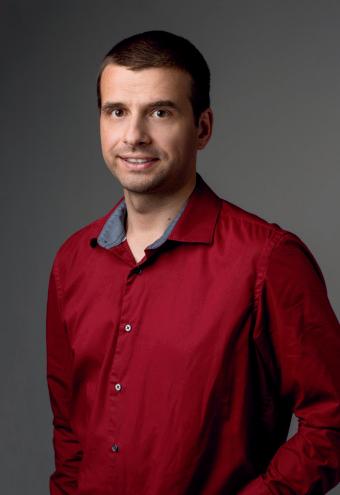
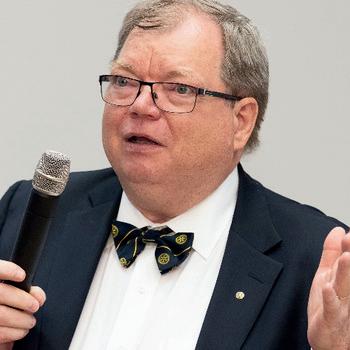

FromBiobankingtopersonalisedmedicine-19992024: the story from Estonia. Presented by Prof. Andres Metspalu, Former National Node Director, Estonia
The Estonian Biobank project, a population-based biobank of the Estonian Genome Centre, has gathered a pioneering cohort of over 210,000 participants reflecting the demographic distribution of the Estonian adult population. The project involved genomic analyses for research that includes cancer. The constant follow up with participants and the return of health related data based on genomic analysis demonstrates the ongoing commitment of Estonia to advancing healthcare through genomics research and personalised medicine initiatives. Approximately 20% of Estonia's adult population are part of this cohort; this highlights its significant importance for advancing medical science on both domestic and international levels.
Making biospecimens and data visible and accessible to researchers. Presented by Prof. Michael Hummel, Former National Node Director, Germany
Previously, biobanks, and the biosamples and data they contain, have not been immediately visible to researchers. In order to enable academic and industrial research communities to unlock this treasure, an IT tool that presents the available biobank capacities in a GDPR-compliant way was essential. BBMRI.de developed an IT solution that preserves the sovereignty of biobanks while allowing easy access to their information. The ‘Sample Locator’ is an openly accessible online tool based on a federated search. It transmits queries from researchers to biobanks and processes them locally. The resulting number of samples/patients fulfilling the search criteria are provided to the researcher in real-time. The Sample Locator was officially launched during the Europe Biobank Week Congress in Lübeck, Germany in 2019. Since then, an average of 3,000 searches per year have been performed. In 2023, the tool made its mark at European level when it was incorporated into the BBMRI-ERIC Federated Platform.

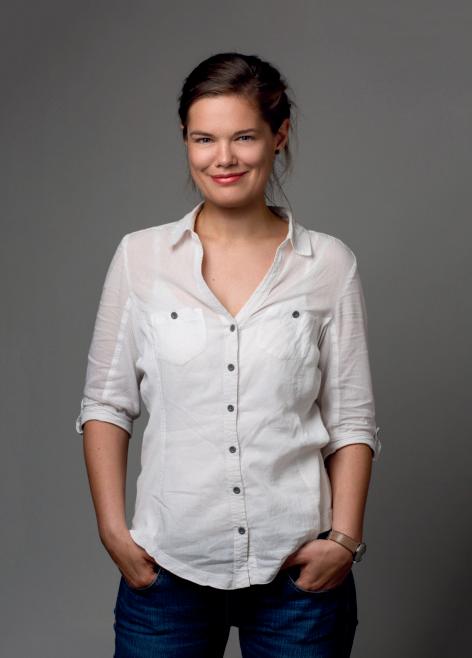
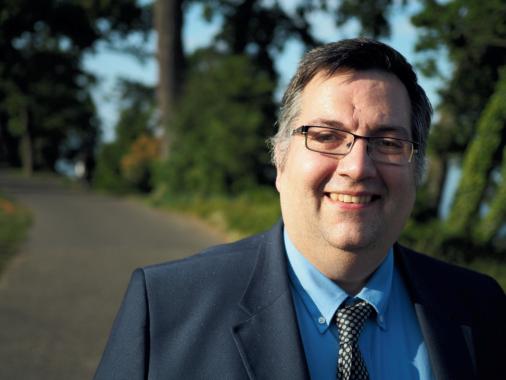
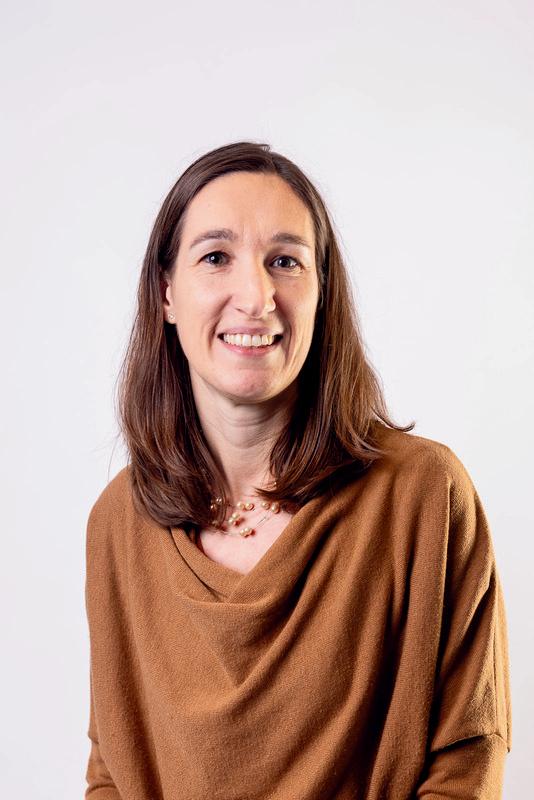
Over the last 10 years of contributing to major biomolecular research initiatives, BBMRI-ERIC’s network of ethical, legal and societal implications (ELSI) experts delivered reliable, practical and sustainable services based on state-of-the-art research for the immediate benefit of the life sciencescommunity.
The ELSI experts provide case-by-case guidance, promoting best practices, while enabling a sustainable platform for internal and public knowledge exchange. To date, ELSI expertise has been requested in more than 30 projects and we responded to hundreds of ELSI Helpdesk requests. By teaming up with patient representatives and life science researchers, we have actively contributed to shaping guidelines and legislation, including General Data Protection Regulation, European Health Data Space, and Council of Europe initiatives.
In this session, Dr. Michaela Th. Mayrhofer (Head of ELSI, BBMRI-ERIC), Dr. Annelies Debucquoy (National Node Director, BBMRI.be), and Dr. Zisis Kozlakidis (National Node Director, IARC/WHO) will discuss two examples of PanEuropean ELSI collaboration and their ongoing impact, focusing on biobanking with children and the practical implementation of biobank legislation and standards. These collaborative success stories serve as models for policymakers, researchers, and citizens, showcasing how tackling ethical, legal and societal aspects, enables responsible research innovation through collaboration.
“Forming both a best practice and a safety net for our ambitious and impactful research programmes across Europe ensures that ethical, legal and societal dimensions of medical research are not overshadowed by rapid technological advance.”
- Zisis Kozlakidis, BBMRI IARC/WHO

The European paediatric biobanking recommendations: working with EU members towards a harmonised approach. Presented by Zisis Kozlakidis, Head of Laboratory Services and Biobanking,BBMRIIARC/WHO
The participation of children in biobanking has rec limited attention even though research in general, clinical trials in particular, have a long history minors, dealing primarily with genetic data and inh diseases. This highlighted a practical gap that req addressed from an ELSI perspective. Working togethe BBMRI-ERIC colleagues from across the EU, and toget with the input provided by IARC/WHO through the experiences of the WHO Childhood Cancer Initiative, of recommendations was formulated and widely publis that provide empowerment and capability settings to support researchers and biobankers.

The Belgian biobank legislation: a piece of the puzzle in the complicated EU regulatory landscape. Presented by Annelies Debucquoy, NationalNodeDirector,Belgium
While biobank regulations lack harmonisation at the EU level, Member States have adopted varied approaches, ranging from absence of specific laws to the establishment of intricate regulatory frameworks. Belgium's Biobank Law, established in 2008, enforced in 2018, and subject to significant reform in 2022, exemplifies this diversity. Over the past decade, Belgian ELSI experts have diligently worked on the practical integration of the Belgian Biobank Law with EU data protection frameworks such as General Data Protection Regulation, European Health Data Space, among others. The ELSI services provided by BBMRI-ERIC have been instrumental in facilitating a deeper comprehension of the interplay between EU and Belgian regulations, aiding in the practical application of these legislative standards.
The ELSI Knowledge Base is an open-access resource platform promoting know-how on ethical, legal, and societal issues relevant to the life sciences, most notably biobanking. The ELSI Knowledge Base closes the knowledge gap by providing hands-on guidance and promoting practical know-how for researchers, to provide users with a first orientation on the subject matter, as well as allowing them to explore more detailed information if desired in a self-service manner.
The ELSI Helpdesk provides guidance in a customised manner. Our guidance is based on state-of-the-art research. Therefore, responses issued through the ELSI Helpdesk may be used to feed into the ELSI Knowledge Base for the use and benefit of the life sciences community and society at large.
BBMRI-ERIC has devoted substantial efforts to ensuring that the quality of samples and data furnished by biobanks for research aligns with the highestqualityandresearchstandards.
In collaboration with international and European standardisation organisations, more than 20 recognised standards have been developed, setting the highest benchmark for the operation of biobanks.
BBMRI-ERIC Quality Management (QM) has also developed numerous targeted training programmes and provided biobanks with an extensive audit scheme in order to assess sample and data quality that contributes to biomedical research.
To showcase member country representative examples of the successful implementation of quality assurance and control measures, and the positive impact on both basic and applied research, we selected success stories from Italy and Finland.

Achieving healthcare integrated, quality driven, biobanking. Presented by Prof. Dr. Marialuisa Lavitrano,NationalNodeDirector,Italy
BBMRI Italy, a pivotal founding member and one of the largest National Nodes in BBMRI-ERIC, proudly features more than 46 qualified biobanks that annually offer services to more than 290 research groups.
These biobanks are primarily housed in institutions such as hospitals and research hospitals (IRCCS), closely integrated into the national healthcare system with the aim of integrating standardised data and biomaterial collection processes into the routine care of pathologies.
The concerted quality efforts significantly contribute to progress in biobanking and biomolecular research, not only benefiting Italy but also establishing fruitful collaborations within the broader scope of BBMRI-ERIC.
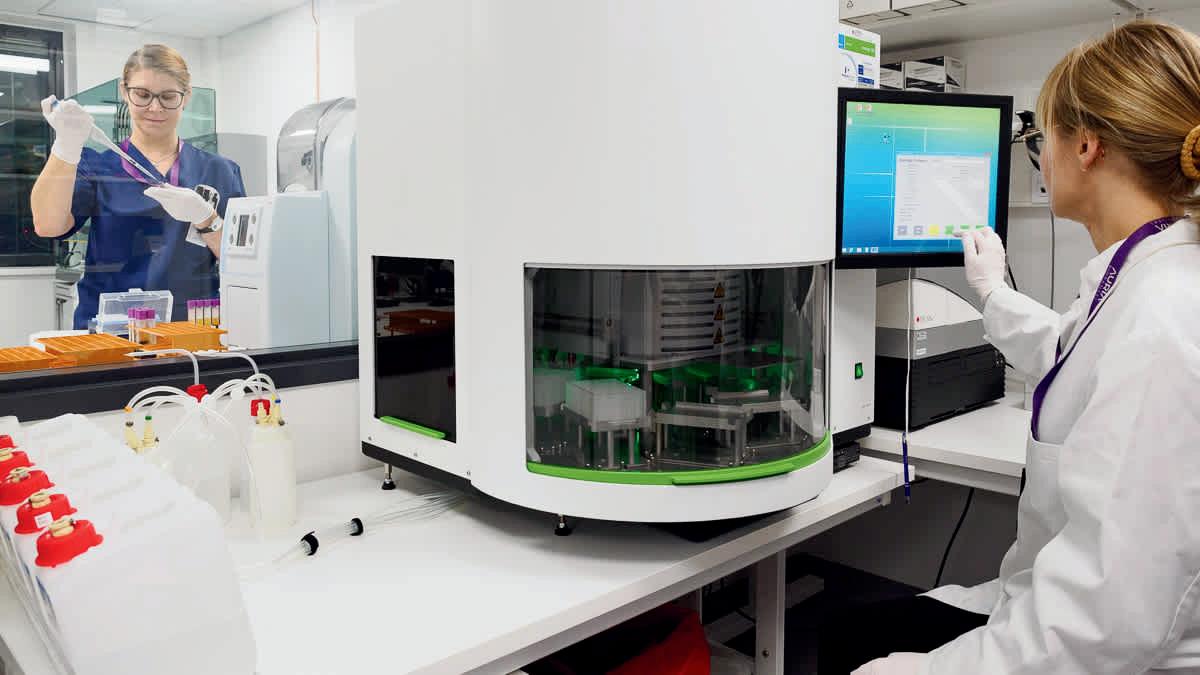



Presented by Dr. Lila Kallio, Director Auria Biobank,Finland
During its ten years of operation, the Finnish hospital biobank Auria has provided high quality samples and related clinical data for approximately 300 biobank studies.
Key factors that have enabled successful biobanking in Auria include the advanced Finnish Biobank Act with broad consent and possibility to link samples with clinical data, as well as the hospital-integrated consent and sample collection providing clinical quality.
Auria has obtained the BBMRI-ERIC Quality Label and more recently achieved the ISO 20387:2020 accreditation for human material biobanking. Accreditation verifies the impartiality and consistent operation of the biobank. Researchers in academia and industry can rely on the service quality of an accredited operator.
“Thanks to BBMRI-ERIC’s support, Auria Biobank is proud to provide verified, high-quality, processing of biological material and related data to guarantee the best possible basis for biomedical research.”
- Dr. Lila Kallio, Director Auria Biobank
BBMRI-ERIC SAS
BBMRI-ERIC Self-Assessment Surveys (BBMRI-ERIC SAS) are unique and customised tools for assessing the organisational performance of the biobank operations. It provides biobankers and researchers with an opportunity to self-evaluate biobanking processes based on criteria set by international standards.
BBMRI-ERIC Quality Label
The BBMRI-ERIC Quality Label indicates that the biobank’s operations and processes are quality assured and quality controlled.
 The team at Auria Biobank ©Auria Biobank
Andrea Wutte, Head of BBMRI QM
Lila Kallio, Auria Biobank Director, Finland
Marialuisa Lavitrano, National Node Director, BBMRI Italy
The team at Auria Biobank ©Auria Biobank
Andrea Wutte, Head of BBMRI QM
Lila Kallio, Auria Biobank Director, Finland
Marialuisa Lavitrano, National Node Director, BBMRI Italy

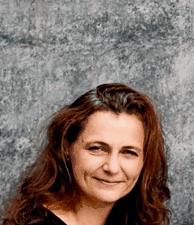

Biobanking Development (BBD) is a recent addition to the Core Services at BBMRI-ERIC. BBD plays a pivotal role in integrating new National Nodes and their networks into our community and proactively striving towards long-term sustainable growth. We support our community by enhancing their visibility through fostering community engagement activities with multiple stakeholders, leverage novel technologies and facilitate knowledge exchange for thebenefitofourwidercommunity.
BBD has already successfully integrated our community into major EU-funded projects. Biobanks provide samples and data for researchers in various fields e.g., rare diseases, infectious diseases and cancer. The biobanking contribution is pivotal for the advancement of groundbreaking research in all fields of medicine. BBD is leading a collaboration with our community towards a greener, more sustainable, biobanking future that is focused on climate friendly practices and education. Over the next ten years, BBD will be instrumental in formulating a concept model to strengthen our capacities that includes long-term sustainable operation of large medical cohort studies in Europe.
Facilitating the link between researchers and biobanks for the benefit of society is a core Biobanking Development priority and is showcased in the following impact stories.
Advancing data sharing in healthcare: the Hungarian BBMRI Node's Initiative. Presented by JuditMolnar,NationalNodeDirector,Hungary
Semmelweis University's Biobank Network (the largest member of the Hungarian Node), spanning over a decade, houses biological samples and clinical data from around 100,000 individuals.
Despite this rich resource, data management remains fragmented, hindering effective sharing, particularly of sensitive health and genetic data.
To address this, the university is pioneering a pro create an integrated ecosystem utilising Privacy-pr Federated Learning. By harmonising diverse datasets BBMRI standards and Minimal Information about BIoba data Sharing (MIABIS) data models, and employing standardised codes for phenotypes and diseases, interoperability is ensured. Through the implementa Observational Medical Outcomes Partnership (OMOP) d models and federated artificial intelligence based the project aims to provide secure, federated analy including genetic landscape mapping and complex probabilistic modelling.
This initiative not only enhances data sharing with Semmelweis University but also serves as a pilot pr broader implementation within the BBMRI Hungarian N fostering collaborative data harmonisation and shar practices.

“Czech biobanks accelerated development of a new method for early detection of pancreatic cancer; cancer with an extremely poor prognosis.
This new method is a real example of the impact of biobanking for extending the lives of patients.”
- Kateřina Nováková, BBMRI.cz
Saving a life from a drop of blood: the Czech biobanking story. Presented by RNDr. Kateřina Nováková,Ph.D,NationalNode,CzechRepublic
Pancreatic Adenocarcinoma is a cancer with an extremely poor prognosis; the percentage of all patients who are living five years after diagnosis is between 5-10%. This is because the disease progresses for a long time without clear symptoms and is very difficult to detect.
Professor Holčapek's team at the University of Pardubice developed an early diagnostic method thanks to samples from Czech biobanks. The method allows for the detection of this disease from a single drop of a patient's blood at the early, symptomless, stage. Coordination studies are currently running to make this analysis available to all patients at high risk of disease in hospitals across the Czech Republic and beyond.


The 10th anniversary keynote is delivered by Walter Ricciardi, MD, MPH, MSc, Hon PhD. Prof. Ricciardi is EU Cancer Mission Board Chair and Chair of the BBMRI-ERIC Scientific and Ethical Advisory Board.
Prof. Walter Ricciardi is full Professor of Hygiene and Director of the School of Hygiene and Public Health, Università Cattolica del Sacro Cuore (UCSC) (Rome).
He is Chair of Mission Board for Cancer (EC), Scientific Committee of Human Technopole Foundation, European Mission Board for vaccination.

He is member of International Honorary Advisory Faculty of National Screening Advisory Committee, Ireland; Scientific Advisory Board of Pan-European Commission on Health and Sustainable Development: Rethinking policy priorities in the light of pandemics, WHO; Scientific Board, Santé Publique France and ordinary member of Pontifical Academy for Life, Vatican.
He is founder and Director of Osservatorio Nazionale sulla Salute nelle Regioni Italiane (since 2002).
He has been Scientific Director of Istituti Clinici Scientifici Maugeri - IRCCS (2020-2023).
He has been Scientific Advisor to the Italian Minister of Health for relationships with international health institutions for Covid-19 pandemic (2020-2022).
He has been President of World Federation of Public Health Associations (WFPHA) (2020-2022), European Public Health Association (2003-2004 and 2010-2014).
He has been representative of Italy, WHO Executive Council (2017-2020).
He has been Director of Department of woman and child health and public health of Fondazione Policlinico Universitario Agostino Gemelli IRCCS - UCSC (January-December 2019).
He has been member of Expert Panel on Effective ways of investing in Health of EC (2013-2016 and 2016-2019), Board of Directors of National Board of Medical Examiners, USA (2009-2015); member (1999-2003) and fellow (2003-2007) of Faculty of Public Health Medicine of Royal Colleges of Physicians, UK.
Commissioner (July 2014 - July 2015) and President (August 2015 - December 2018), Istituto Superiore di Sanità.
Vice Dean, Faculty of Medicine, UCSC (2010-2014).
He is author of more than 400 scientific publications in impacted journals and 20 books and textbooks.
He received Laurea Honoris Causa at Thomas Jefferson University, Philadelphia, USA for his contribution to the development of World Public Health, May 2019.
He is “Commendatore” of the Italian Republic by Decree of the President of the Republic, June 2017.

We look to the next ten years with a panel discussion that explores future challenges in health and life sciences, the need and development towards One Health and the related role of research infrastructures.
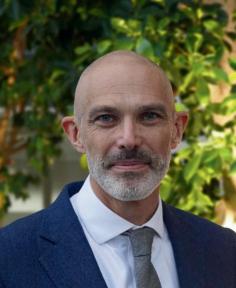
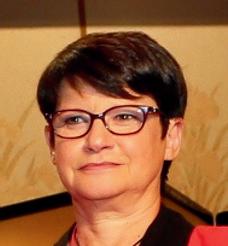
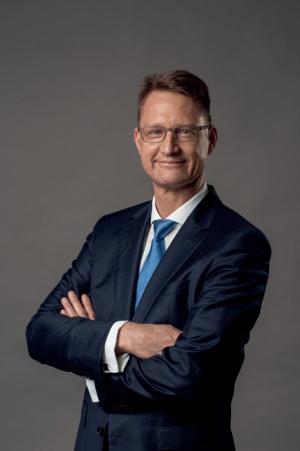
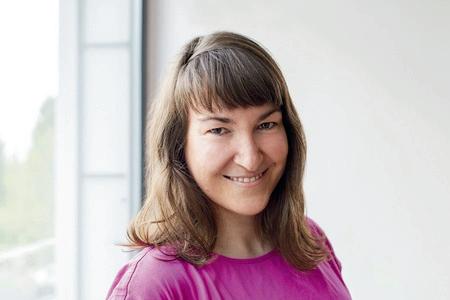
Niklas Blomberg Executive Director, Innovative Health Initiative

Christine Chomienne EU Cancer Mission Board Vice Chair
Jens Habermann
BBMRI-ERIC Director General
Stefanie Houwaart
BRCA Netzwerk Patient Discussion Group Leader

Jana Klánová
EIRENE Director General
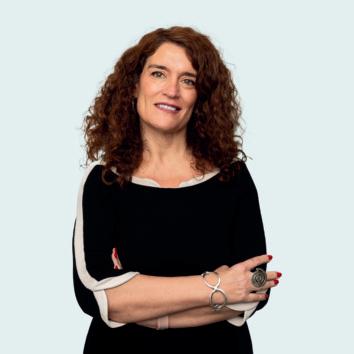

Eva Ortega Paíno
Secretary General for Research, Spanish Ministry of Science, Innovation and Research
Anna Panagopoulou
EC Director for ERA & Innovation
Dr Niklas Blomberg joined IHI as Executive Director in January 2024. He brings to the role extensive experience in both research and leadership roles in the life sciences. A Swedish national, he has a bachelor’s degree in chemistry from the University of Gothenburg, and a PhD in structural biology and bioinformatics from the European Molecular Biology Laboratory (EMBL) in Germany.
He worked as a research scientist for AstraZeneca in Sweden for 14 years, taking on increasingly senior roles in the company, and leading the establishment of a team for data-driven drug discovery in the respiratory and inflammation fields. During this time, he was industry co-lead of Open PHACTS, a project funded by the Innovative Medicines Initiative (IMI), the forerunner to

In 2013, he joined the fledgling research infrastructure ELIXIR. As its founding director, he oversaw the final negotiations between the member states to formally establish and launch ELIXIR. Under his leadership, the organisation built up its operational and project management capacity, grew to include 23 member states, and secured funding from both the member states and an extensive portfolio of EU-funded projects, including projects from IMI2, the European Open Science Cloud and the European Genomic Data Infrastructure
Christine Chomienne, Professor Emeritus in Cell Biology & Hematology at the Université de Paris Cité, Inserm Research Unit 1131, in France. At the European Commission she is vice-chair of the Horizon Europe Cancer Mission Boards since 2019-2021
She was Director of Research and Innovation at the French National Cancer Institute (INCa) and Director of the Cancer Institute of France Research Organisations (Inserm & AVIESAN). She is past president of the European Hematology Association. She was head of the Cell Biology Department at the Hôpital Saint Louis, Paris and Director of the University Inserm Research Laboratory at the Institut Universitaire d’Hématologie for the last 25 years and consultant in myeloproliferative neoplasms. Dr. Chomienne is author of more than 270 peer-reviewed publications and has received several scientific (Academia of Science) and French governmental awards (Chevalier and Officier de la Legion d’Honneur) and the Jean Bernard Lifetime Achievement Award from the European Hematology Association.
Professor Jens K. Habermann, M.D., PH.D., is Director General of BBMRI-ERIC since September 2020. For his current position, the University of Lübeck has granted him leave of absence in official and public interest from his occupancies as Head of the Section of Translational Surgical Oncology and Biobanking and as Head of ICB-L (Interdisciplinary Center for Biobanking-Lübeck). Prof. Habermann obtained his M.D. training at the Medical University of Lübeck (Lübeck, Germany), received his Ph.D. at the Cancer Center Karolinska, Karolinska Institute (Stockholm, Sweden) and a Postdoctoral Fellowship at the National Cancer Institute, NIH (Bethesda, USA).
As board certified specialist in human genetics, Prof. Habermann combines clinical, biobanking and translational (cancer) research expertise to optimise precision medicine. Prof. Habermann was actively involved in the Molecular Tumour Board as part of the precision medicine program in Lübeck. Prof. Habermann was President of ESBB (European, Middle Eastern & African Society for Biopreservation & Biobanking; esbb.org) from 2018 to 2020 and board member of GBN/GBA (German Biobank Node and German Biobank Alliance; bbmri.de).
Prof. Habermann received more than 15 scientific awards, holds about 10 patents and patent applications, is reviewer and editorial board member of more than 25 scientific journals and member of numerous scientific societies. He has a translational cancer research and biobanking related publication track record and was principal investigator and co-PI in more than 21 national and European grant projects.
Dr. Stefanie Houwaart is a biologist and public health scientist by training with expertise in participatory health research. She stems from a family with hereditary breast and ovarian cancer and is a member of the German patient organisation "BRCA network - help for people affected by hereditary cancers". As patient representative Stefanie Houwaart is a member of several national and international advisory boards, such as the Patients and Citizens’ Pillar of the BBMRI-ERIC Stakeholder Forum and the Scientific and Ethical Advisory Board of the German Biobank Node.

Jana Klánová is a professor of environmental chemistry at Masaryk University in Brno, and a director of the RECETOX centre (www.recetox.muni.cz), the European Centre of Excellence in Environmental Health Sciences. Since 2010, she has been responsible for the development and operation of RECETOX RI, the large research infrastructure consisting of global environmental monitoring networks (MONET), longitudinal population cohorts and their biobanks (CELSPAC), accredited chemical, biological and toxicological laboratories, and environmental databases and information systems (GENASIS). Based on this experience, she took a lead in the preparation of EIRENE, the European Infrastructure on Human Exposome, the new project added to the 2021 Update of the ESFRI Roadmap. She closely collaborates with WHO and UNEP in building capacities for a global monitoring of toxic compounds and leads the GEO Initiative GOS4POPs (Global Observation System for Persistent Organic Pollutants). She has coordinated multiple large-scale projects from the European Structural and Investment Funds and EU Horizon 2020 / Horizon Europe projects and published almost 300 papers and book chapters.
Eva Ortega Paíno, Secretary General for Research, Spanish Ministry of Science, Innovation and Research
Eva Ortega-Paíno, PhD in Chemistry (specialisation in Biochemistry and Molecular Biology) from the Universidad Complutense de Madrid, has extensive experience in oncology, as well as in the management of innovation projects and biobanks. More of her working life (2002-2019) has been carried out in Sweden, but in 2019 she returned to Spain as Scientific Director of the CNIO Biobank, she sought to position and consolidate the unit as a dynamic platform for the support and promotion of "responsible" research, through the management, repository, processing and custody of human biological samples and their data. In 2021, she was appointed coordinator of the biobank hub within the National platform of Biobanks and Biomodels, scientific coordinator for the National Node in the EU infrastructure BBMRI-ERIC, as well as Managing Director of the National Network for Brain Metastasis (RENACER). In 2023 she joined the Science, Technology, and Innovation Advisory Council (CACTI) of the Ministry of Science and Innovation, the body for the participation of the scientific and technological community, and from January 2024 has become Secretary General for Research at the Ministry of Science, Innovation and Universities.

Anna Panagopoulou is Director of ‘European Research Area & Innovation’ at the Research and Innovation Directorate General of the European Commission. She is responsible together with her teams to co-create with Member States and stakeholders policies to shape a globally competitive European research and innovation system that is open, performant, cohesive and conducive to transformative innovation for a sustainable future. She has been working in the Commission in various policy and management roles for 27 years. She holds a master degree in electrical engineering and has a long professional experience in private and public sector.

This 10th Anniversary Workshop is closed by Philippe Desmeth and Hemma Bauer.
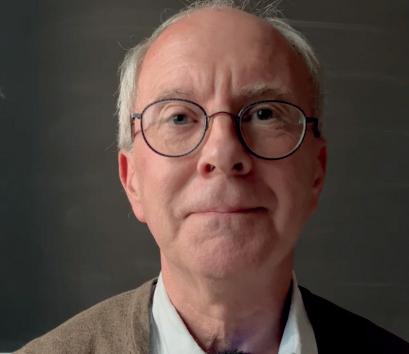

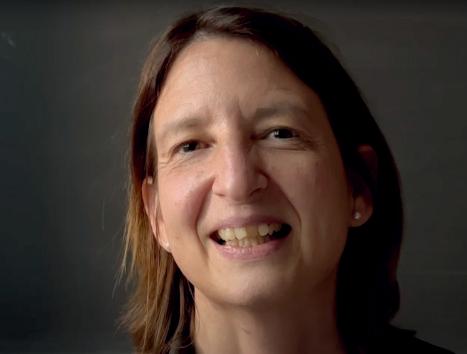
Philippe Desmeth is a bioengineer and environmental consultant by training. He gained field experience in agro-industrial production and continuing education for farmers in West Africa and Southeast Asia. In 1996, he joined the Belgian Coordinated Collections of Micro-organisms as international cooperation manager. In addition to coordinating collaborative research projects, he develops standard procedures and fair cooperation schemes at the Belgian Science Policy Office, which funds and manages the BCCM, to provide a framework for sustainable collaboration with institutions in developed and developing countries.
For four years he was manager of the Belgian Biodiversity Platform which supports sciencebased policymaking on biodiversity and is the Belgian node of the Global Biodiversity Information Facility. He was President of the World Federation for Culture Collections from September 2010 until July 2017. Since January 2022, he is elected Chair of the Assembly of Members of the Biobanking and Biomolecular resources Research Infrastructure.
Hemma Bauer holds a PhD from the University of Vienna. She is head of unit for the Life Sciences at the Austrian Ministry of Education, Science and Research. On national level, she is responsible for the coordination of strategic processes and initiatives within the areas of health research, genomics and molecular biology and participates in the negotiations of performance agreements with the Austrian Medical Universities and the Austrian Academy of Sciences. Regarding her international tasks, Hemma Bauer is Austrian representative in the Programme Committee of Cluster Health in Horizon Europe and in the States Representative Group of the Innovative Health Initiative.
She is currently Vice Chair of the International Consortium of Personalised Medicine and participates in the European Partnership on Personalised Medicine. During the preparatory phase of BBMRI-ERIC Hemma Bauer was strongly involved in setting up the ERIC and later she was chairing the BBMRI-ERIC Assembly of Member in 2017 and from 2019 – 2021.

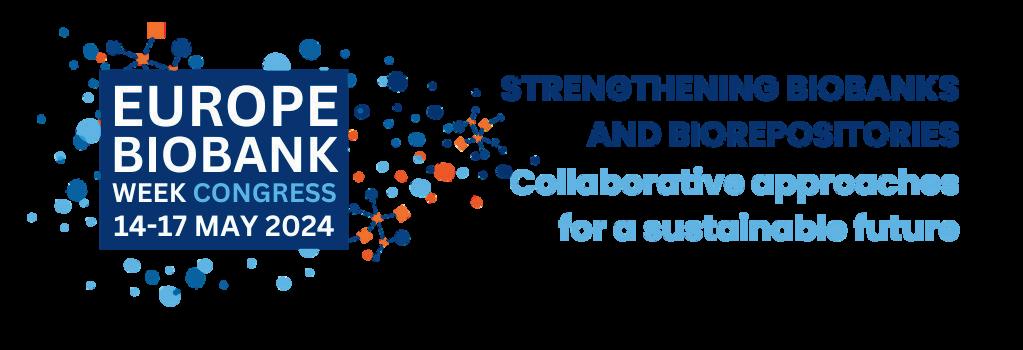
You are invited to join us at Europe Biobank Week Congress 2024 which will highlight state-of-the-art biobanking innovations and research.
This first in-person congress since 2019 will be action-packed with feature keynote presentations, panels and workshops organised by ESBB and BBMRIERIC. Our theme this year is: Strengthening Biobanks and Biorepositories: Collaborativeapproachesforasustainablefuture.
Be there in Vienna from 14-17 May at #EBW24 for the biggest biobanking networking opportunity, to meet industry representatives at the exhibition, discuss the newest findings and current research trends with experts from healthcare, academia and industry and attend high-quality scientific programmes.
More details: europebiobankweek.eu


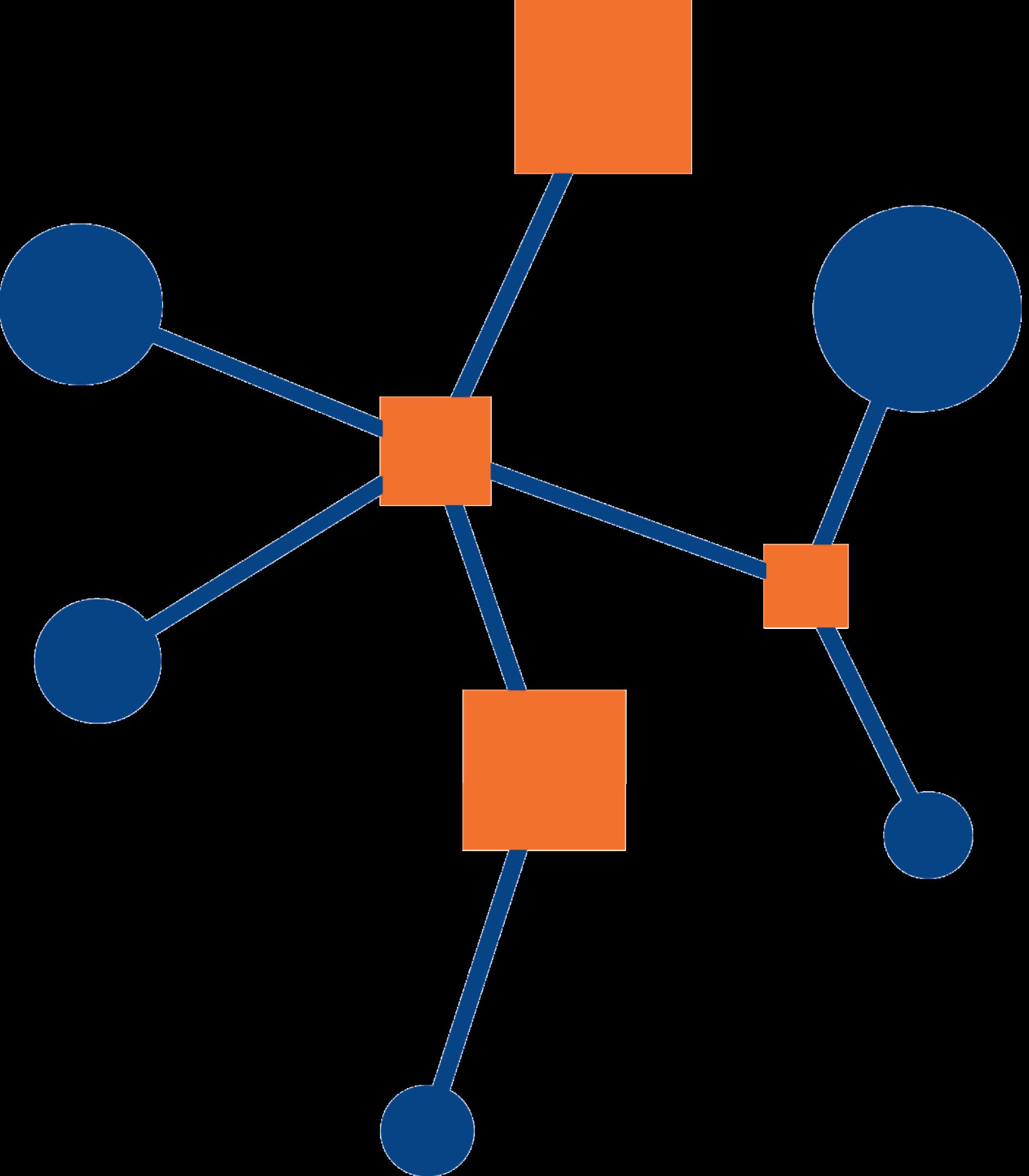
Thank you for attending the BBMRI-ERIC 10th Anniversary Workshop. If you have any questions, or would like to explore working with us, do not hesitate to get in touch.
Neue Stiftingtalstrasse 2/B/6, 8010, Graz, Austria
+43 664 9645611
communications@bbmri-eric.eu
bbmri-eric.eu